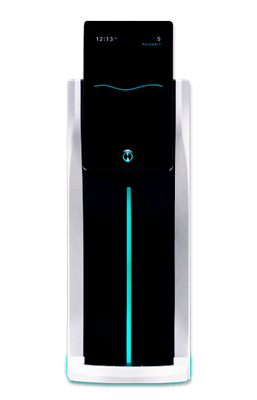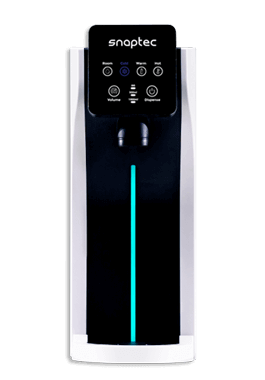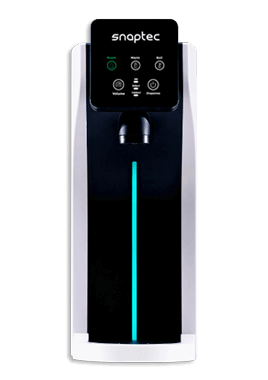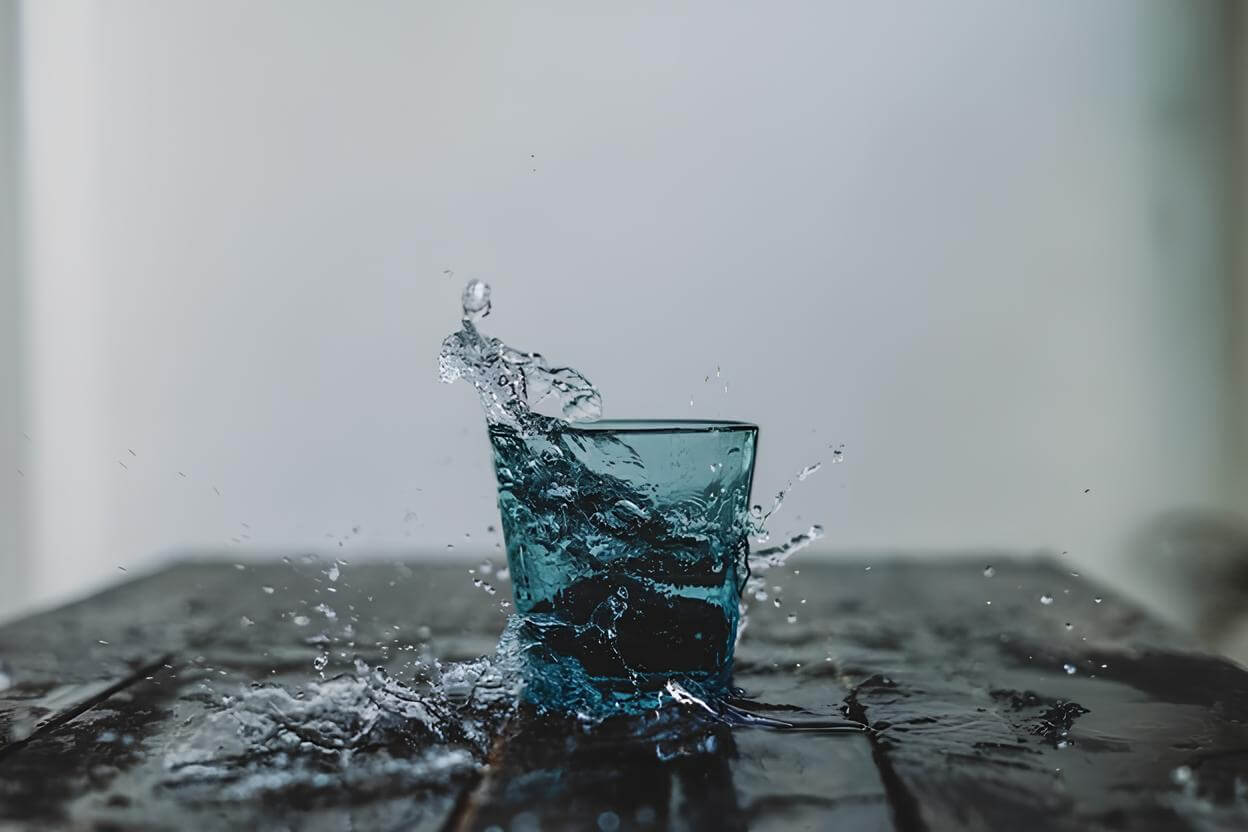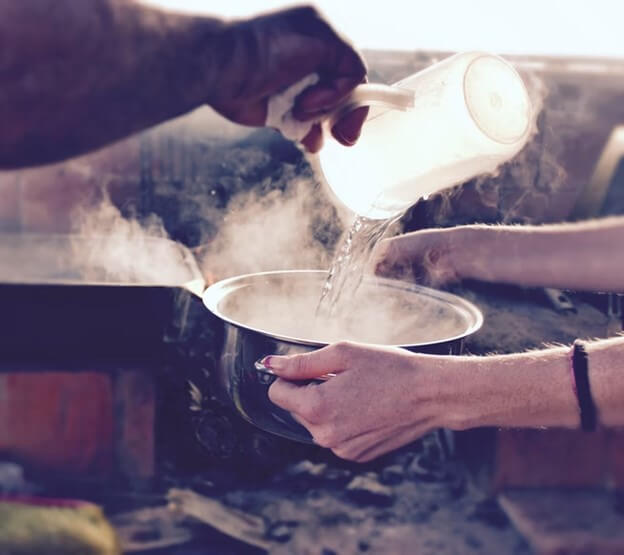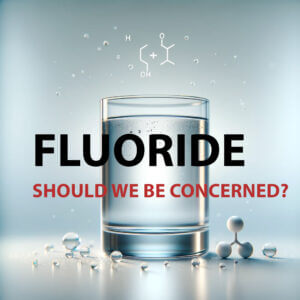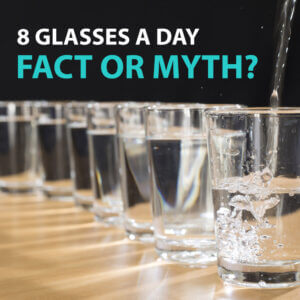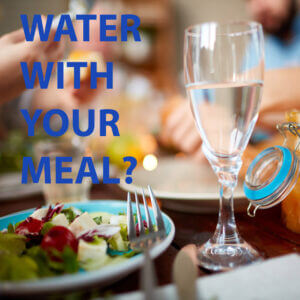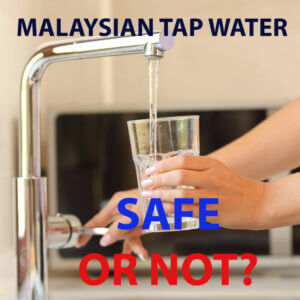The human body loses water daily through breathing, sweating, urinating, and bowel motions. About 50% to 70% of an adult human’s body weight is water, the body’s principal chemical constituent. That being stated, water is essential for the survival and health of the human body. One can also refill their body’s water supply by ingesting liquids and meals containing water to function correctly; however, it is best to consume plain water.
As the water supply comes from different sources in Malaysia, it is essential that the water we are drinking is clean and does not contain any impurities. There are different types of water, such as boiled water, filtered water and purified water. This article will discuss these types of water and their advantages and disadvantages.
Boiled water
Water heated to the boiling point of 212 degrees Fahrenheit or 100 degrees Celsius is considered boiled water. Boiled water is water that has undergone the process of boiling, as is a traditional way of removing impurities from water. The boiling process occurs by placing a heat source beneath a container filled with water and letting it rest on the heat source until it bubbles.
The boiled water is then left to cool before individuals can consume it. Water that has been boiled is free from harmful bacteria and viruses that can cause harm to our health; however, boiling does not remove chemical pollutants such as metals, chlorine, salts, and even pesticides.
Advantages & Disadvantages of boiling tap water
| Advantages | Disadvantages |
|---|---|
| Simple to do as it does not require intricate equipments | Time-consuming as boiling takes several minutes before it is fully boiled. |
| Kills harmful bacteria and viruses in the water | Does not remove chemical pollutants such as chlorine, pesticides and metals |
| Retains essential minerals that are found in tap water | Quantity of water may be reduced as some of the water that is boiled may become vapour |
Filtered water
Filtered water is water that goes through filtration using water treatment technologies. Filtered water can effectively remove harmful substances and impurities from the water while also removing the odour of tap water so that it is easier to consume.
Filtered water can undergo different filtration processes, such as reverse osmosis, activated carbon, ion exchange, distillation and other methods. Even though filtered water does go through its own filtration process, it may not be suitable for drinking as the filters cannot fully remove all the impurities that are in the water, which can cause infections in our bodies.
Advantages & Disadvantages of Filtered water
| Advantages | Disadvantages |
|---|---|
| Convenient to use as the filtered water is available on tap to use whenever you need it for cooking or drinking | Needs to be stored in the refrigerator to avoid recontamination |
| Removes harmful substances such as bacteria, viruses, chlorine, heavy metals, salts and fluoride | Filters need to be maintained and replaced frequently and depending on usage |
| Environmentally friendly as it reduces plastic waste | Filtration process can only work properly if there is pressure in the water |
Purified water

Purified water involves several chemical treatments and mechanical filtrations to produce clean and drinkable water that is safe to consume for all. Purified water does not contain any toxic substances such as soil particles, heavy metals, mineral residues, and chemicals due to the water’s purification process, such as coagulation, sedimentation, filtration, and distillation.
A home and office water purifier can efficiently purify the water due to filters such as a nano-positive membrane, sediment filter, and activated carbon filter that effectively remove large impurities, unwanted chemicals, and viruses from the water.
Advantages & Disadvantages of Purified Water
| Advantages | Disadvantages |
|---|---|
| Eliminates all forms of physical, bacterial and chemical contaminants such as large particles, rust, heavy metals, bacteria, viruses and chlorine | Regular maintenance and replacement of filters are needed to remove all the harmful metals and organisms that get stuck on the filter |
| The quantity of water does not change when it undergoes purification process | May not be able to remove some forms of organic wastes and pesticides |
| Easy to access the water for the convenience of drinking, making drinks, cooking, and more. | Increases energy consumption due to the processes that occur. |
Summary (Best Way)
As there are different ways to consume clean water in Malaysia, it is also essential to consider how much water you drink daily. Studies have shown that eight glasses of water may not be enough for an individual. The daily water intake is highly dependent on the individual and their lifestyle. Whether it is boiled water, filtered water, or purified water, it is crucial to have a healthy water supply.
The best way to make sure you are drinking a clean supply of water is to test your drinking water and look out for signs of contamination. In a nutshell, the best water to consume without compromising your health and well-being is purified water. Purified water removes impurities and chemical compounds that are unhealthy for the body, plus it is easier to access clean water using a water purifier in Malaysia.
Explore our articles on ‘Is It Safe To Drink Tap Water in Malaysia?‘ and ‘Water Filter vs Water Purifier Comparison‘ to make informed decisions on your hydration experience. Consider investing in our cutting-edge hot and cold water purifiers now!

